Red raspberry leaf tea benefits are many, and raspberry leaf tea is good for both male and female health. Learn how to make this delicious tea and start reaping the many benefits. (Source)
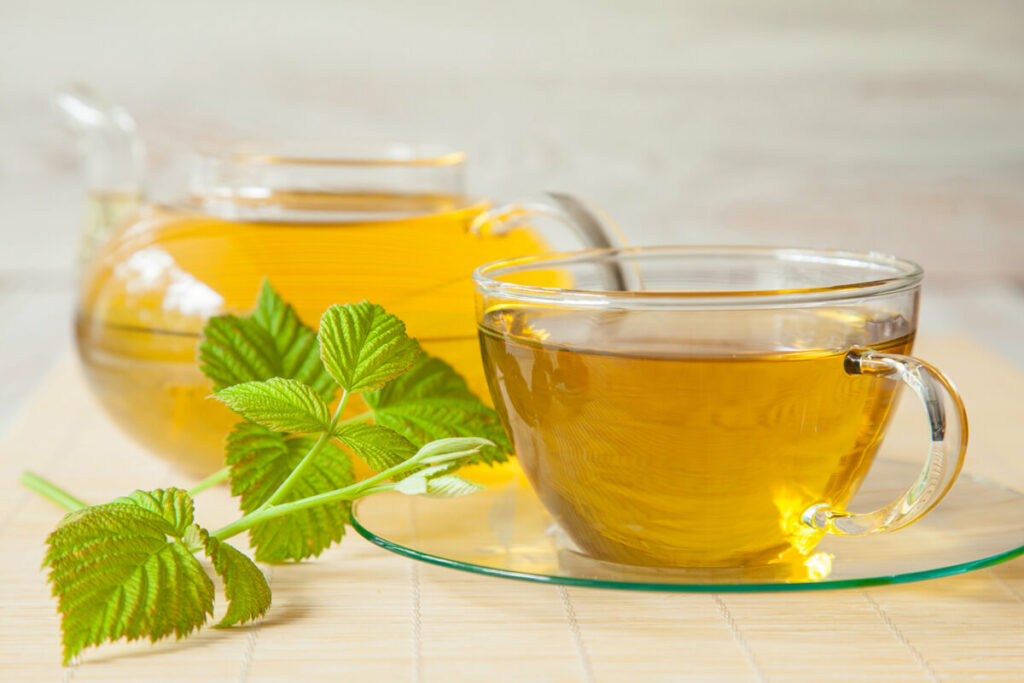
It’s important to note that I am not a certified medical practitioner. This post is not intended to diagnose or treat but is for informational purposes only. Please contact your healthcare professional before introducing new herbal and natural remedies into your wellness routine.
Raspberry leaf has been known to help aid the immune system, skin, pregnancy, menstrual periods, and more. (Source) (Source)
If you have already learned how to plant raspberries, then I encourage you to make the most out of your crop. Read on to learn more about the benefits, how to harvest, preserve, and make your own organic raspberry leaf tea.
[adthrive-in-post-video-player video-id=”V39xXJAG” upload-date=”2022-06-15T18:48:25.000Z” name=”Red Raspberry Leaf Tea – Grow Your Own Herbal Tea & Fruit.mp4″ description=”null” player-type=”default” override-embed=”default”]
Why I Make Raspberry Leaf Tea
For those of you who have read my story on how to heal stomach acid naturally, you know that my health journey began when I found myself in my early twenties suffering from acid reflux. It was so bad I was on prescription medications up to six times a day.
Pursuing a natural lifestyle and understanding medicinal herbs became my approach to regaining my health. Finding healthy alternatives to soda and making my own herbal teas was a great place to start. (Read this post for how to plant your own tea garden.)
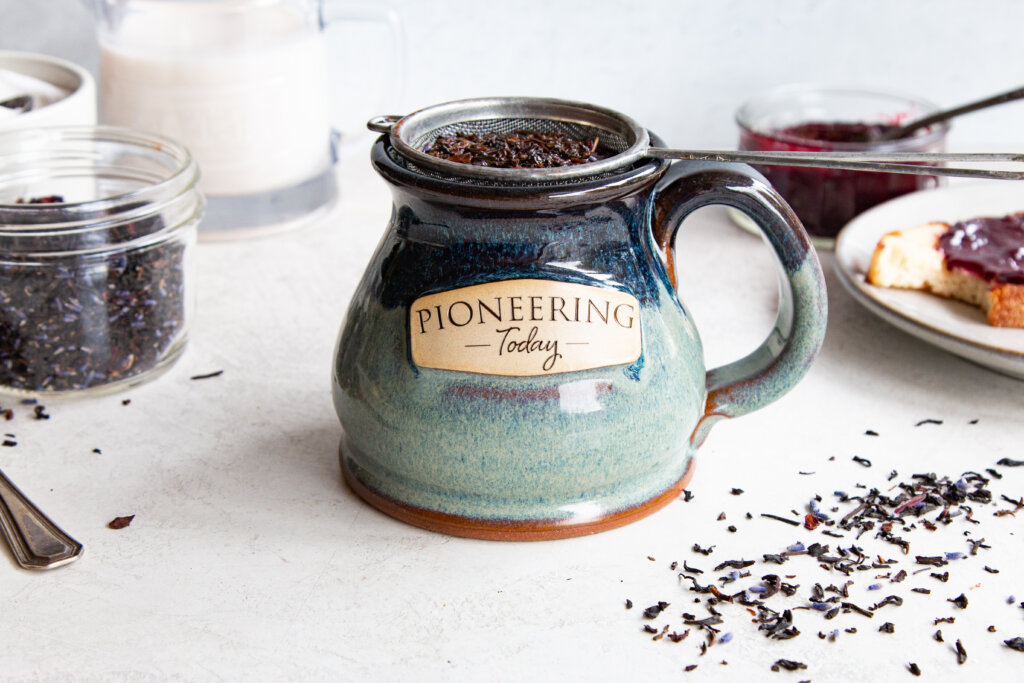
What is Raspberry Leaf Tea
A raspberry plant is great because they provide two crops. The berries make a delicious summertime treat. We eat them straight off the bush, freeze them, freeze-dry some, make dehydrated raspberries, fresh raspberry juice, and make these raspberry cream cheese muffins.
My favorite hack for making jam is to freeze the raspberries to make low sugar jam during the winter months when I don’t mind heating up my kitchen.
The second and lesser-known crop is the raspberry leaves. Harvested and dried, people have been drinking red raspberry leaf tea as an herbal remedy for hundreds of years.
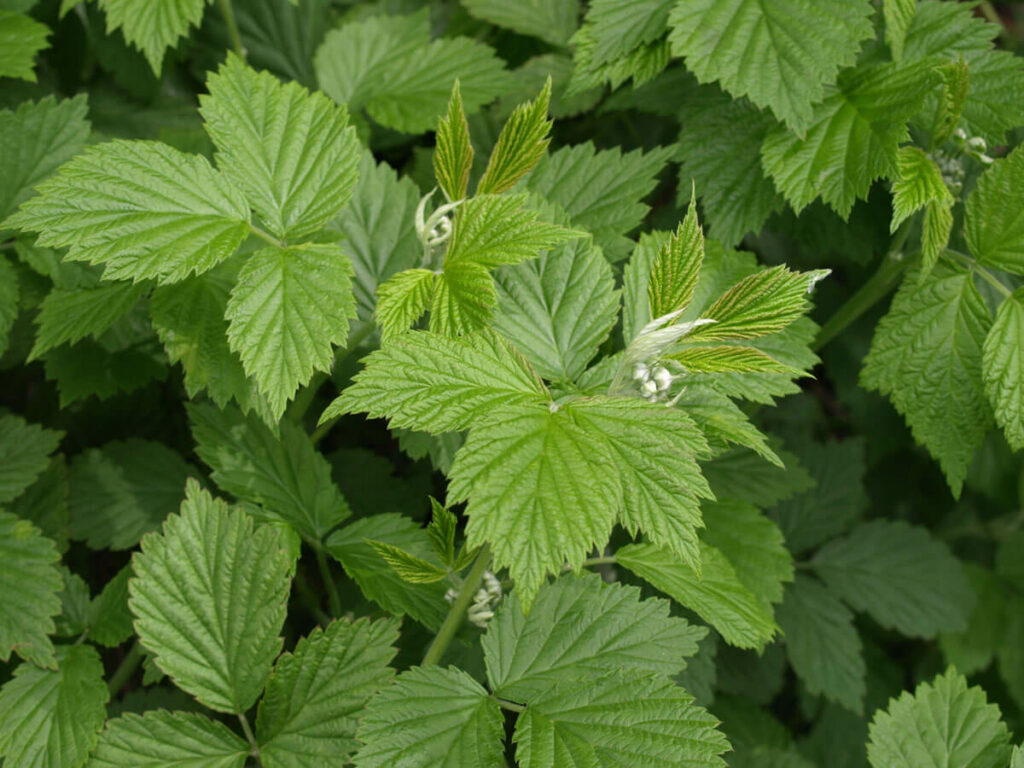
Raspberry Leaf Tea Benefits for Women
The raspberry leaf has been linked to helping women with balancing hormones, toning the uterus, menstrual cramping, easing heavy menstrual periods, labor and delivery support, morning sickness, and miscarriage prevention. (Source)
Raspberry Leaf Tea Benefits for Men
Raspberry leaf has been known as the “women’s herb” but just like nettle leaf tea, men can use it as well.
Reasons for men (and additional reasons for women) to use raspberry leaves are improving energy levels, increasing fat metabolism, helping with inflammation of the skin, improving respiratory disorders, and boosting the immune system.
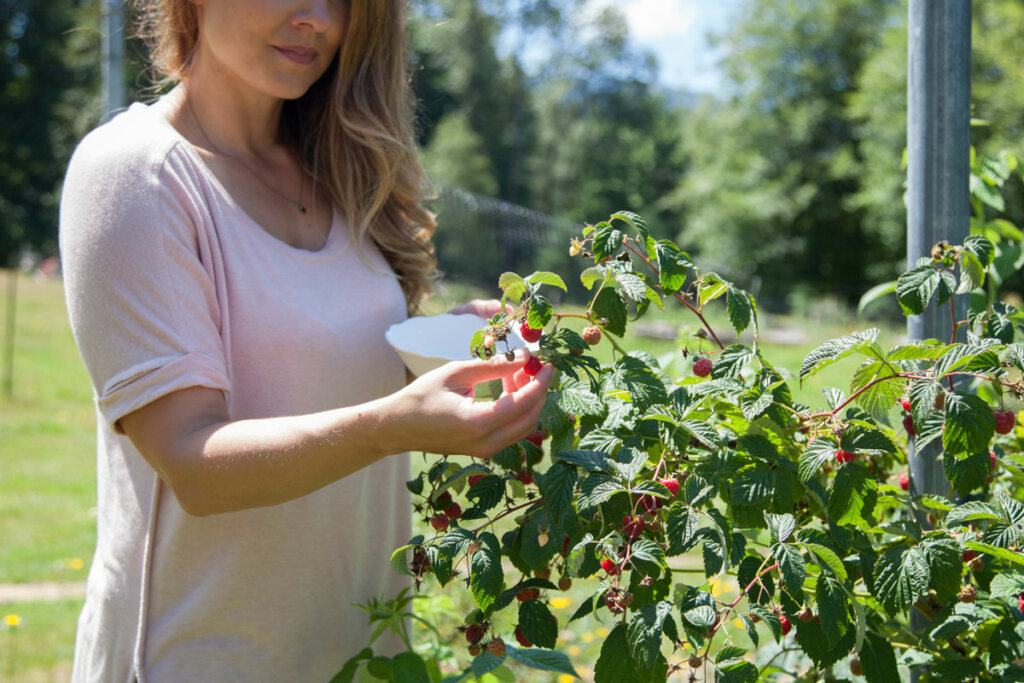
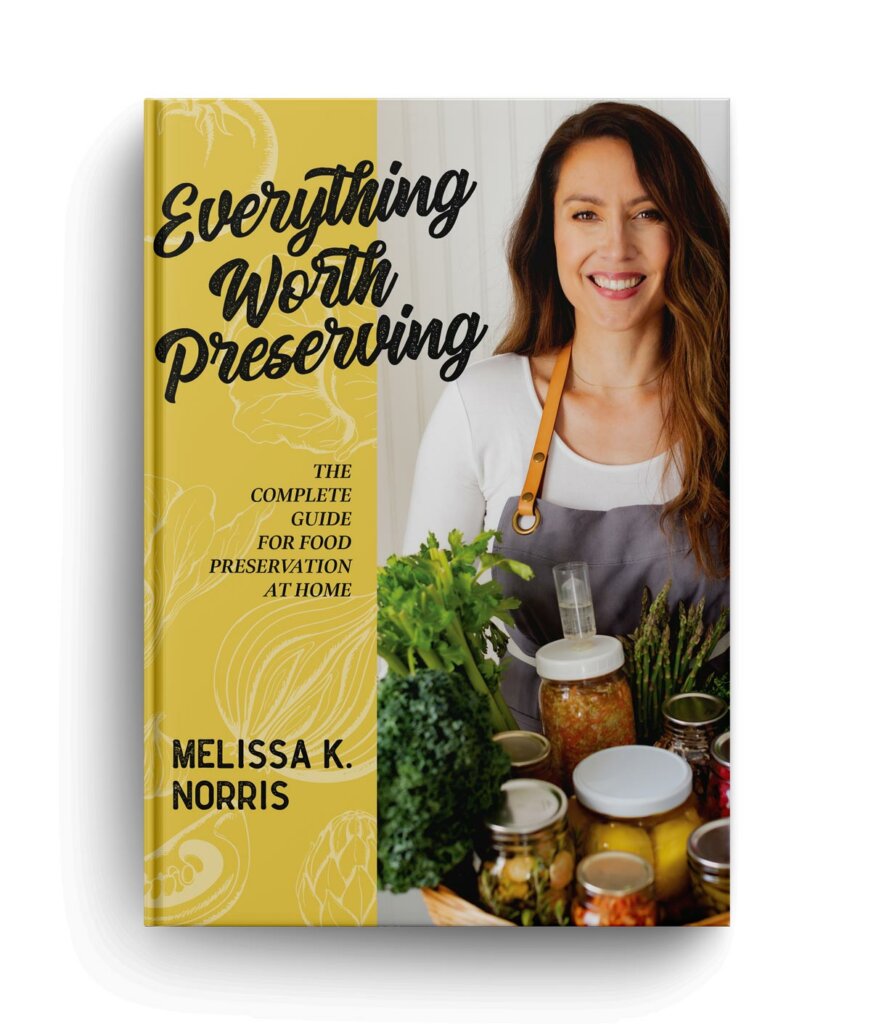
available now
Everything Worth Preserving
Take control of your food with Everything Worth Preserving by Melissa K. Norris! This ultimate guide to canning, fermenting, and more gives you the confidence to preserve food safely and sustainably. Don’t let your harvest go to waste—grab your copy today!
Nutrients in Red Raspberry Leaves
The raspberry leaf contains vitamins and minerals, as well as fragrine alkaloids. (Source)
- Vitamin A – Increases bone health, builds the immune system, and can help reduce acne.
- B Vitamins – Promotes cell health, brain function, energy levels, as well as boosting the immune system.
- Vitamin C – Encourages a healthy immune system.
- Vitamin E – Promotes vision, brain, skin, blood, and reproductive health.
- Magnesium – Aids in muscle and nerve functions and regulation of blood pressure.
- Potassium – A natural electrolyte that boosts cell and nerve function.
- Calcium – Supports teeth and bone growth.
Red raspberry leaves also contain a few trace minerals such as chromium, iron, and zinc.
The antioxidants that fight free radicals are in the form of tannins and flavonoids. Tannins do a great job fighting inflammation, protect against heart disease, help with antibacterial effects, and may lower blood pressure. (Source) Flavonoids help decrease inflammation. (Source)
Fragrine alkaloid is known to tone the smooth muscles of our organs such as the uterine wall.
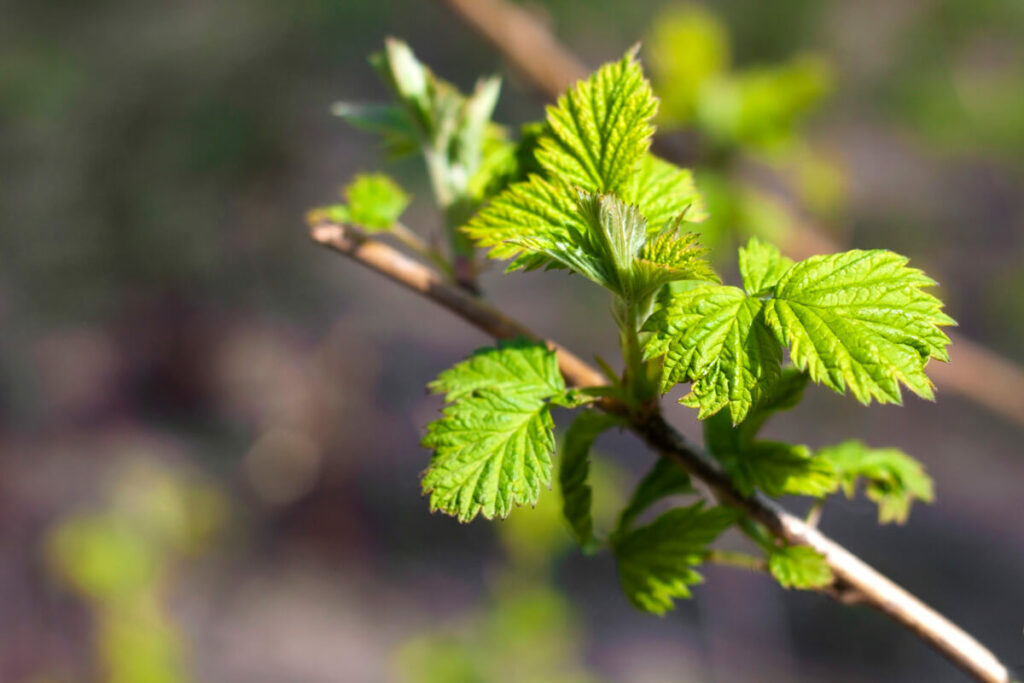
How to Harvest Raspberry Leaves
Now that we know the benefits of red raspberry leaf, let’s get to harvesting!
Harvesting the leaf is simple. Come mid to late spring (or early summer for autumn-bearing varieties) before the raspberry flower buds come on, pick leaves that are lighter green in color. These are younger leaves and will be less bitter.
Pick leaves in the early part of the day after the dew is gone. This is when the leaves have the highest concentration of natural oils.
* It is possible to harvest leaves from the plants after the blossoms have bloomed or the fruit has set, but be sure to harvest only the tender young leaves. The medicinal purposes won’t be as strong, but it’s still better than missing your harvest!
Supplies Needed to Preserve
- Raspberry Leaves – Come mid to late spring before the raspberry flower buds come on, pick young light green leaves. For best quality use organic raspberry plants.
- Dehydrator – The only difference in dehydrators are size, fan size, heating element, and amount of space in the appliance. I have a Nesco dehydrator, but any dehydrator works just fine for this project.
- Air Tight Container – Jars and lids are great for storage. I often use jars with reusable tattler jar lids. No tea bags needed!
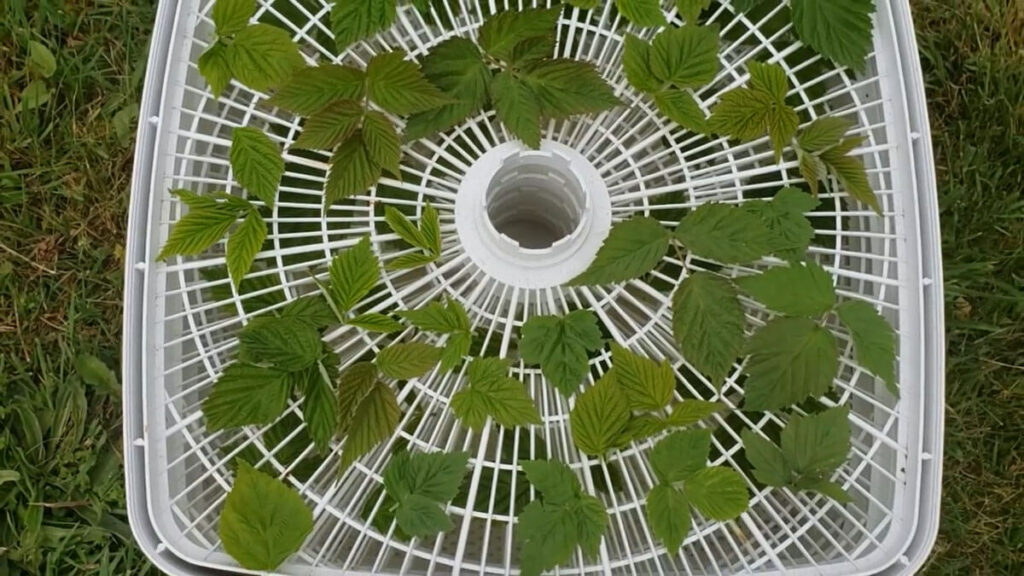
How to Preserve Raspberry Leaves
- Rinse freshly harvested leaves under water, and pat to dry.
- Arrange leaves in a single layer on dehydrator screens. Pro Tip: I bring the dehydrator trays out to the patch and place the leaf on the trays. This way I don’t pick too many leaves.
- Turn the dehydrator on the lowest setting, (mine is at 95 degrees Fahrenheit).
- Dehydrate for about 8 hours depending on the moisture content. The leaves are done when they become shrunken, curled up and crumbly.
- Remove the leaves from the trays and store them for up to a year in an airtight container. Try to harvest enough each season to last you the entire year.
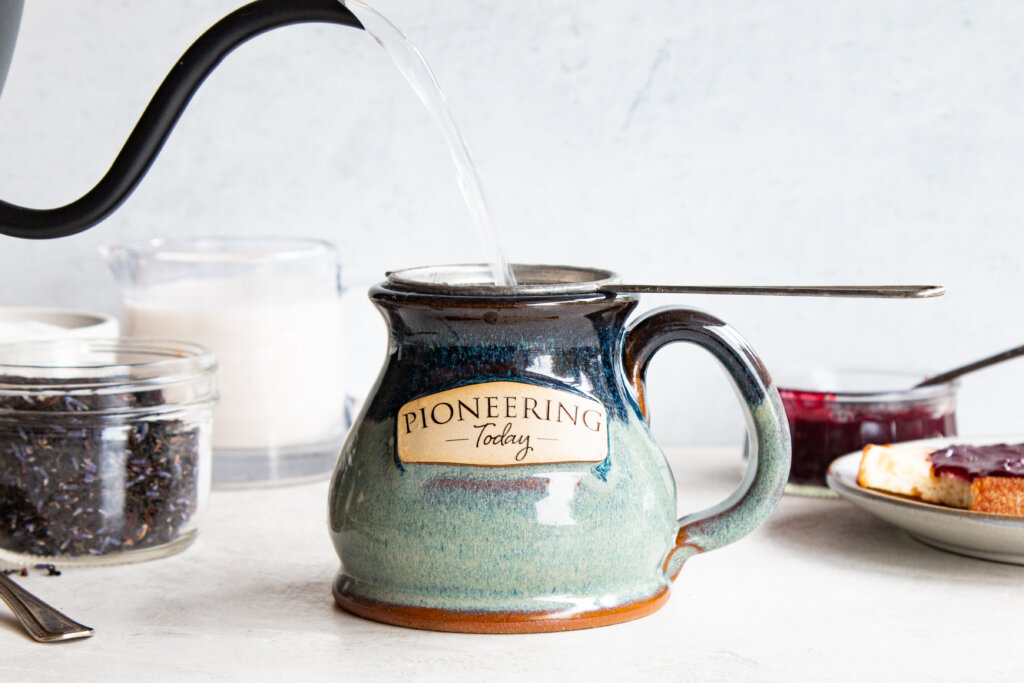
How to Use Raspberry Leaves for Their Benefits
Raspberry leaves make a delicious herbal tea. Some say the tea tastes like black tea, but I would describe it more like green tea. It’s not as potent or bitter as black tea, and the leaves will not taste like raspberries.
To make a cup of red raspberry leaf tea, simply add 8 oz. of hot water to 1 tablespoon of dried and crushed raspberry leaves. Let steep for at least 5 minutes, strain and enjoy!
You can also drink raspberry leaf tea iced. Follow the same brewing method, chill, and serve over ice. For the flavor of fruit tea, you can add a couple of muddled raspberries.
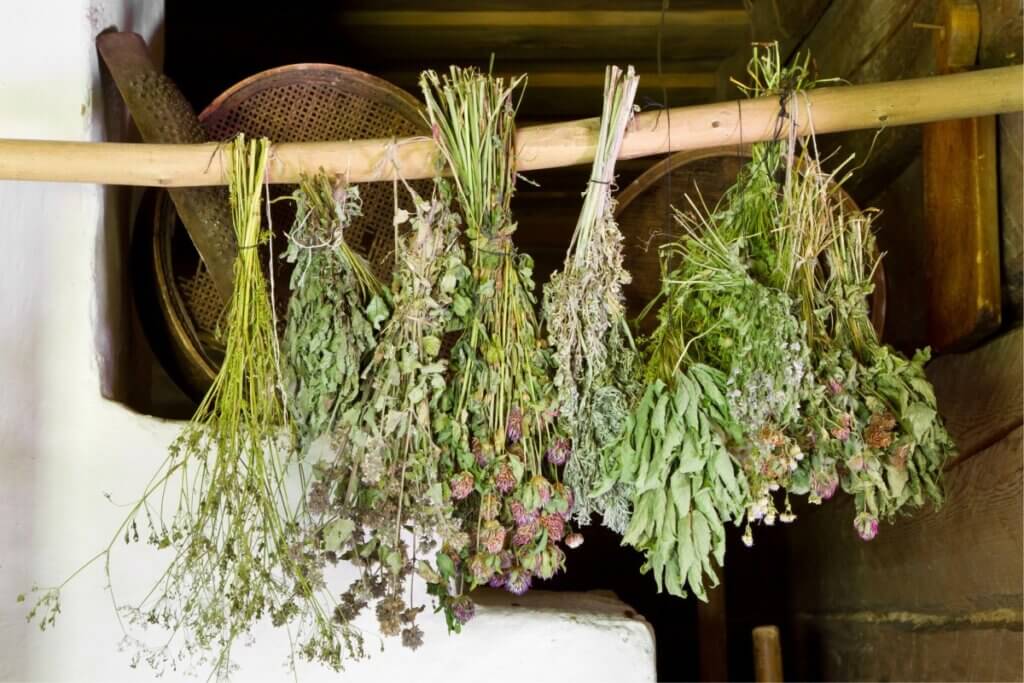
Want to Learn More?
If you’re inspired to start using more medicinal herbs at home, then I encourage you to look into my herbal course in the Pioneering Today Academy where I teach you how to confidently and effectively use a variety of herbs at home.
More Articles You May Enjoy
- How to Grow An Herbal Tea Garden At Home + Favorite Herbal Tea Blend Recipes
- How to Design a Cottage Garden – Forgotten Medicinal & Edible Plants
- How to Plan a Medicinal Herb Garden
- Best Methods for Drying Herbs for Stronger Medicinal Properties
- Herbal Medicinal Tea – How to Make Your Own
- Planting Berry Bushes and Fruit Trees (How Many Fruit & Berry Plants Per Person)
- How to Prune Raspberries
- How to Plant Raspberries
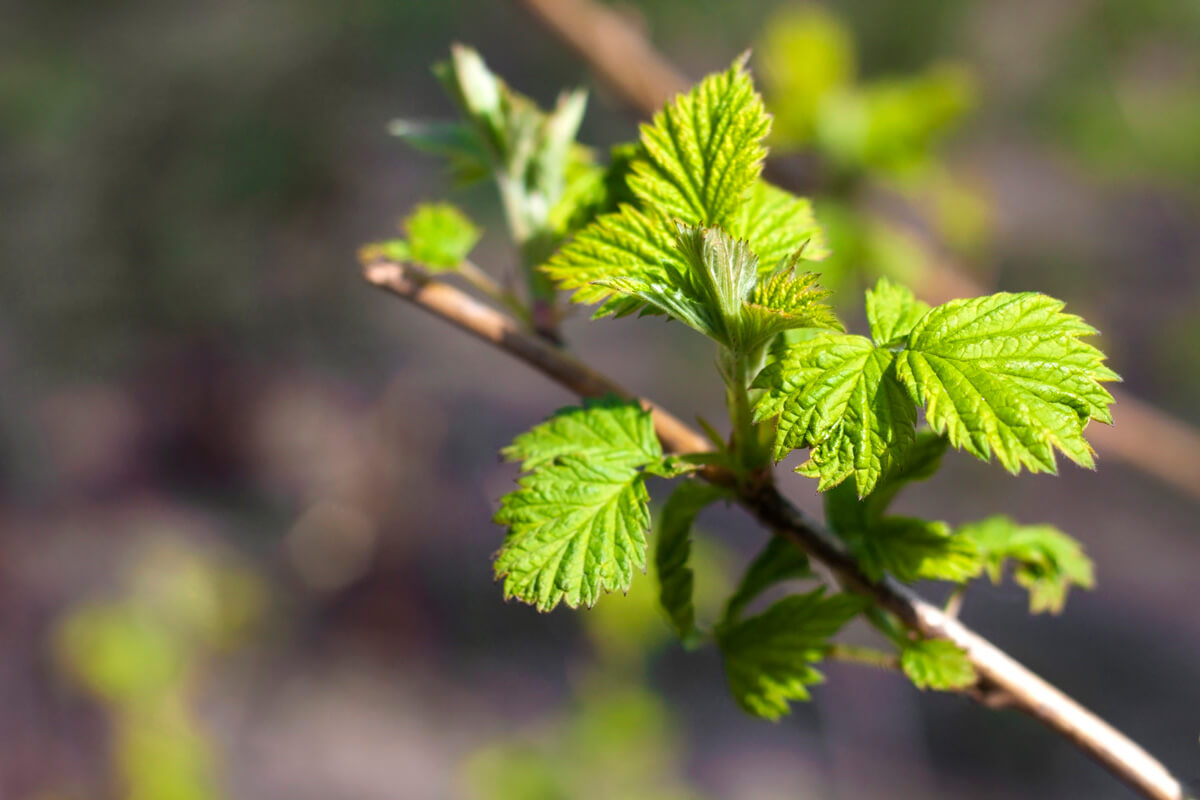
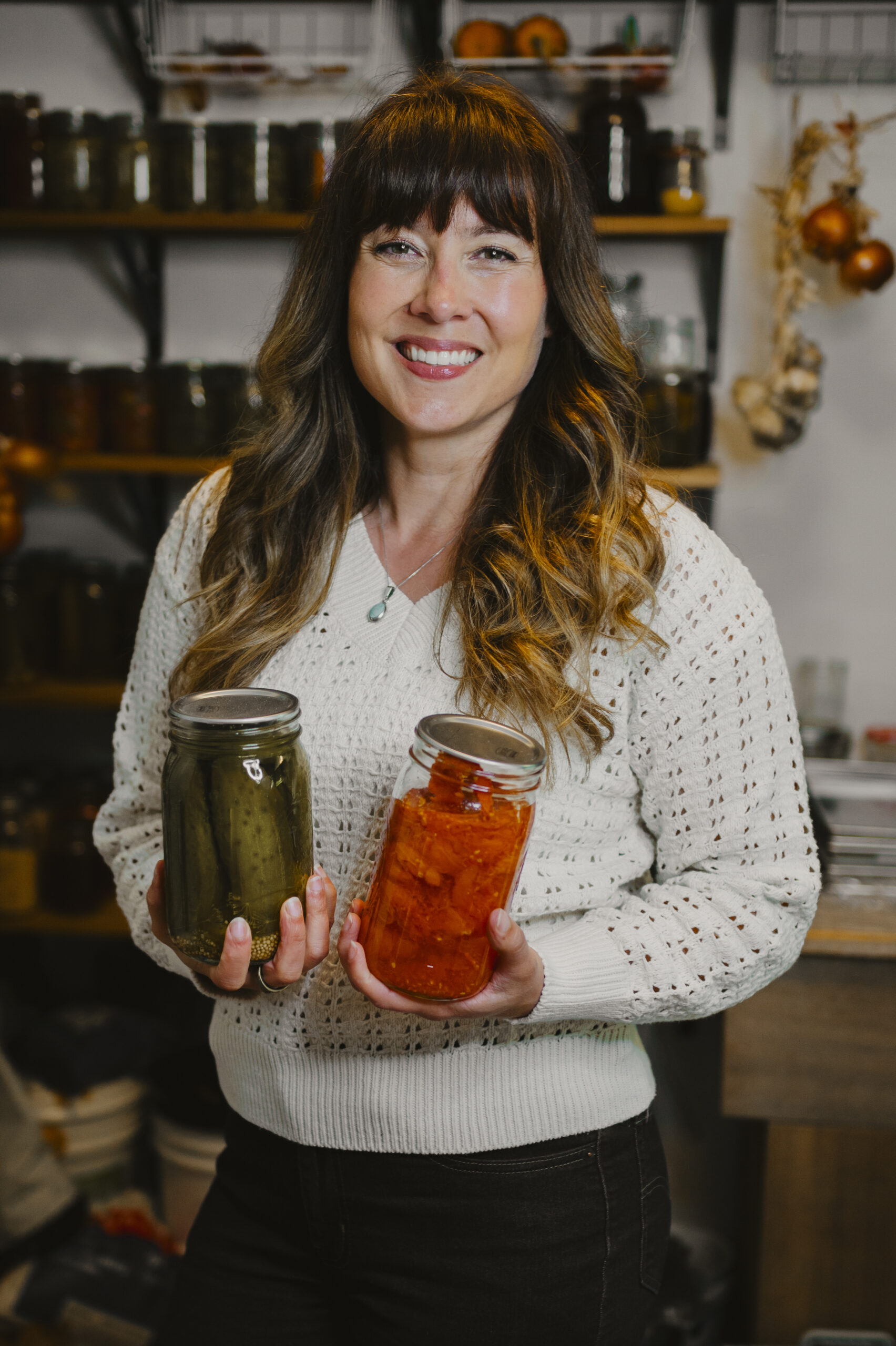
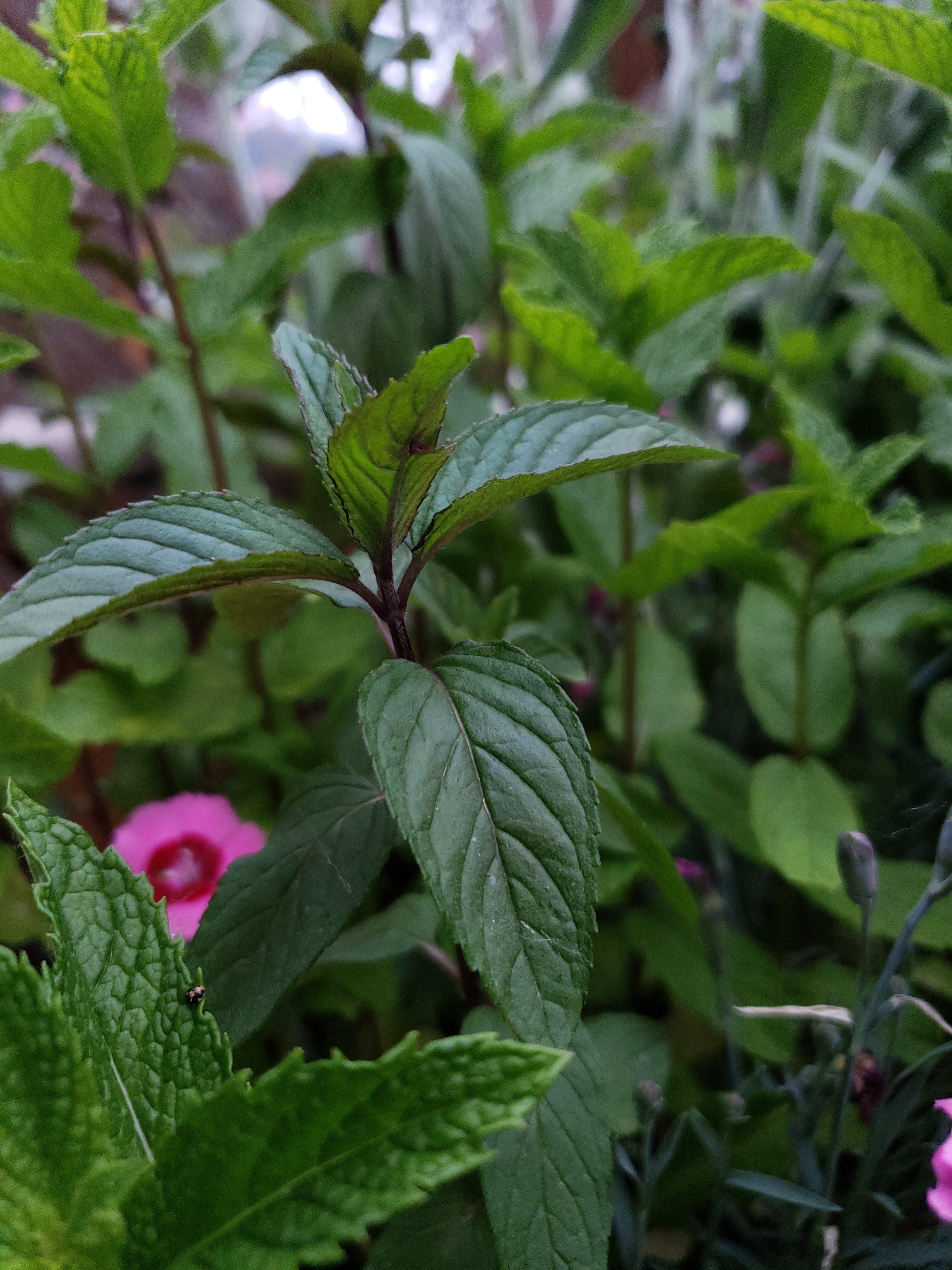
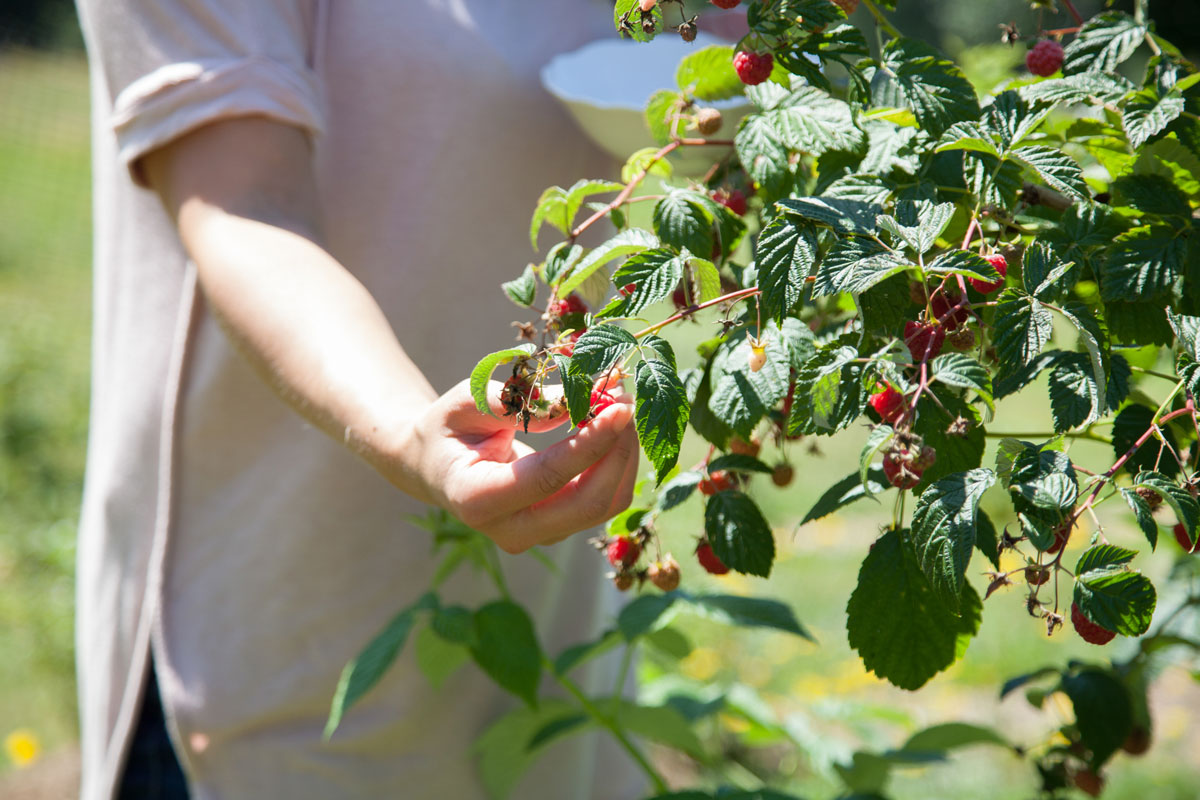
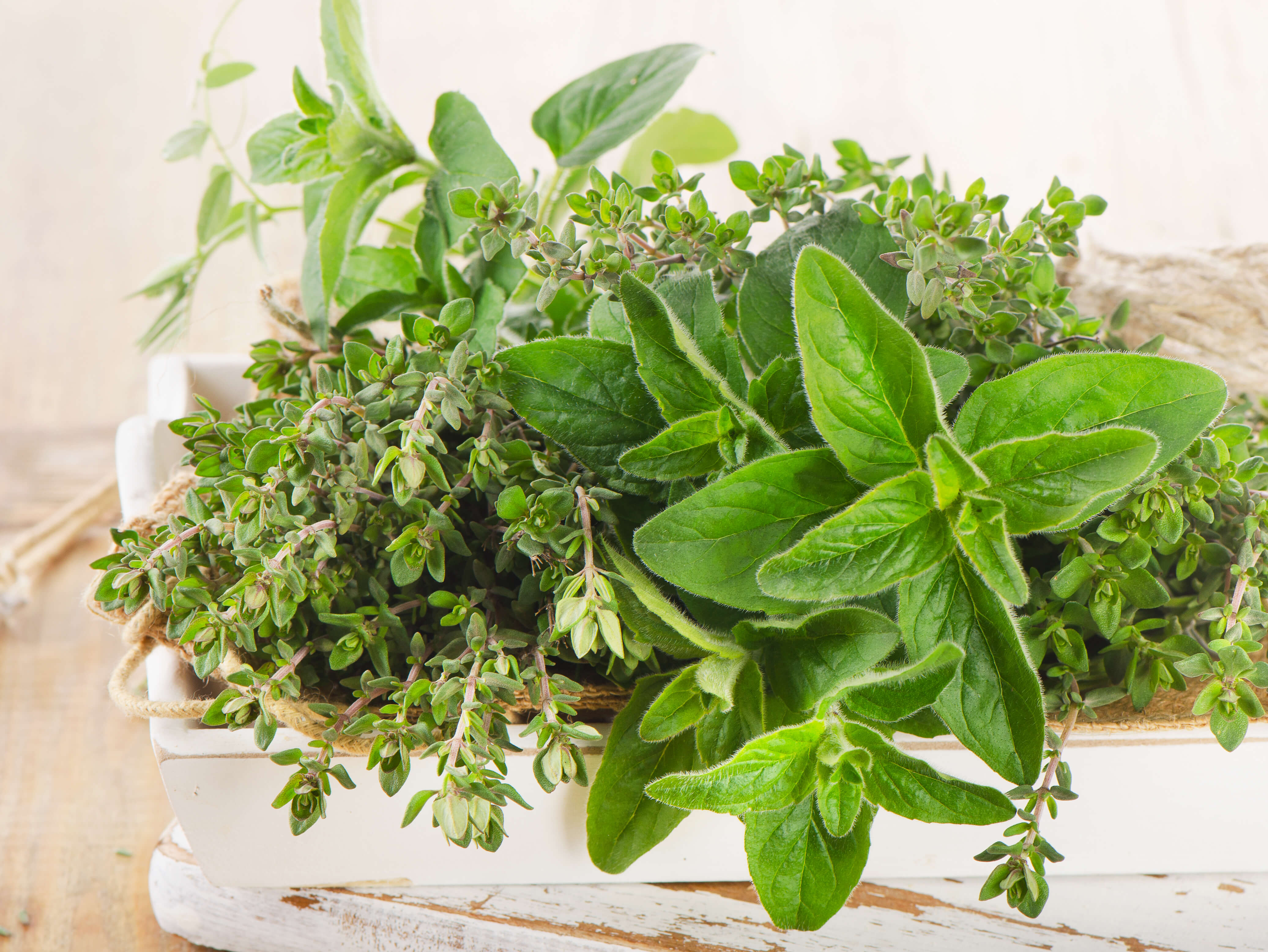
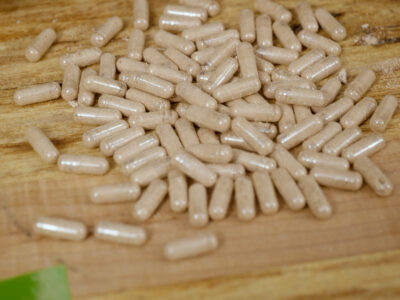
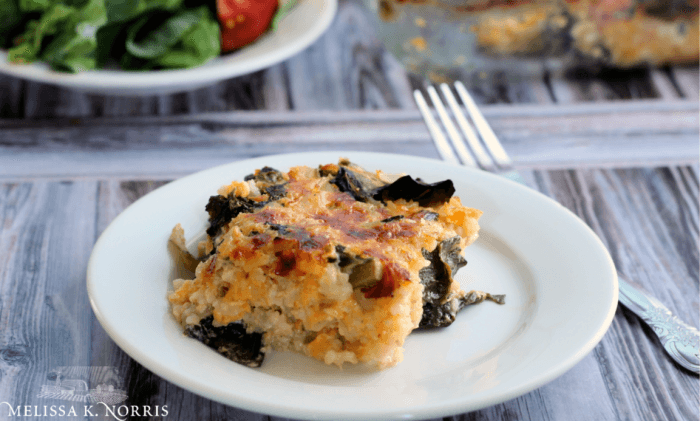
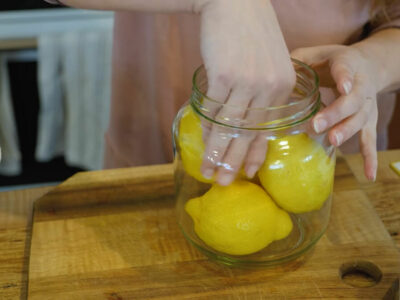
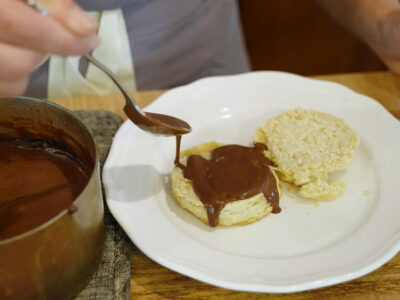
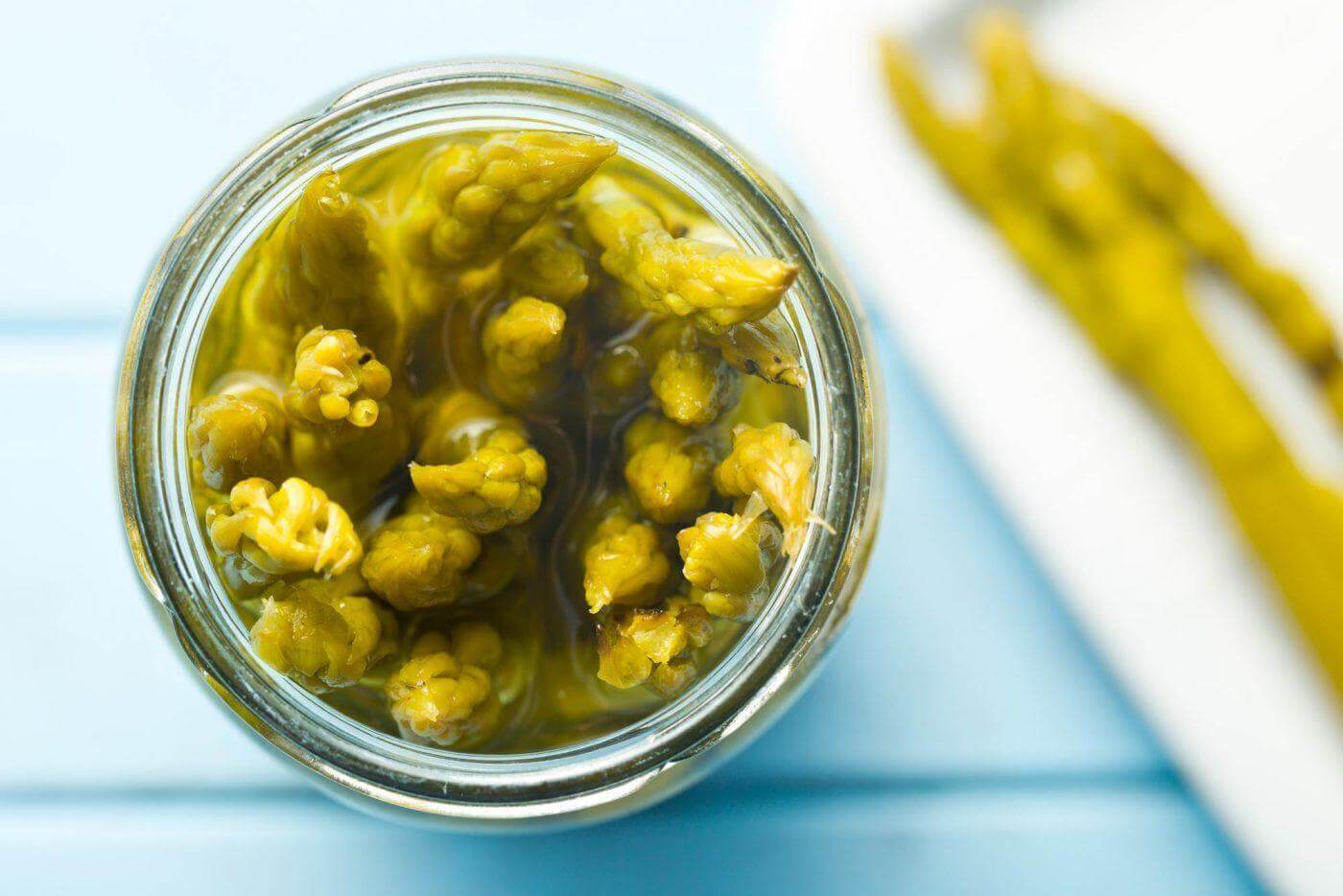

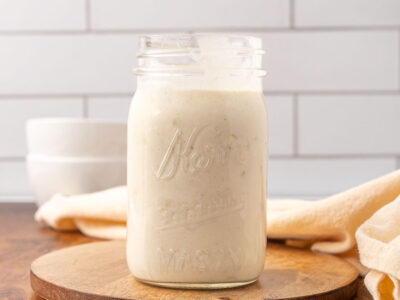
Are there any similar uses or benefits for blackberry leaves? Thanks!
I’m interested in the best teas recommended for digestio
Hi there…can you provide a link to those glass jar tops with the rubber ring? Also, what are your thoughts about using plastic trays to dehydrate? I’ve been on the hunt for a stainless steel tray dehydrator as I’m trying to stay away from plastic as much as possible.
I was very impressed with the cup of raspberry tea I had. Also good write up. Keep up the excellent work.
If Raspberry tea increases estrogen, how can it possible be a man’s best friend. Just curious what your other thoughts and/or benefits why this tea is good for men to consume.
We have wild raspberry plants all over our property. Could I use them for their fruit and leaves?
Yes, of course. Wild plants are superior.